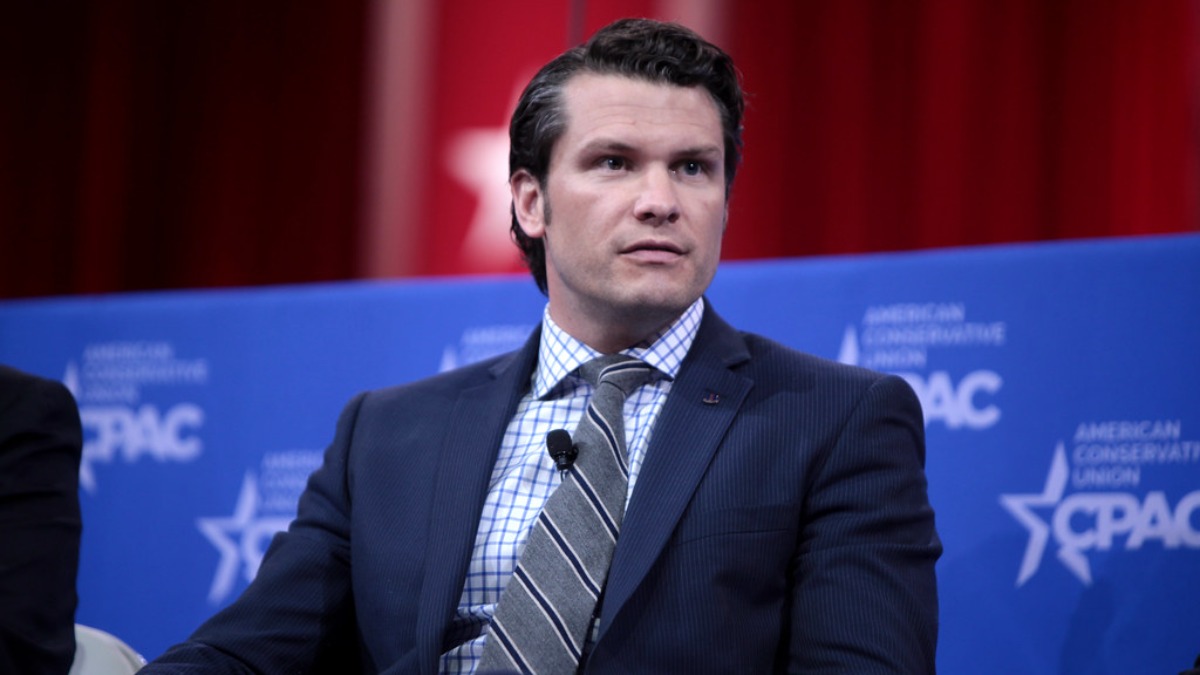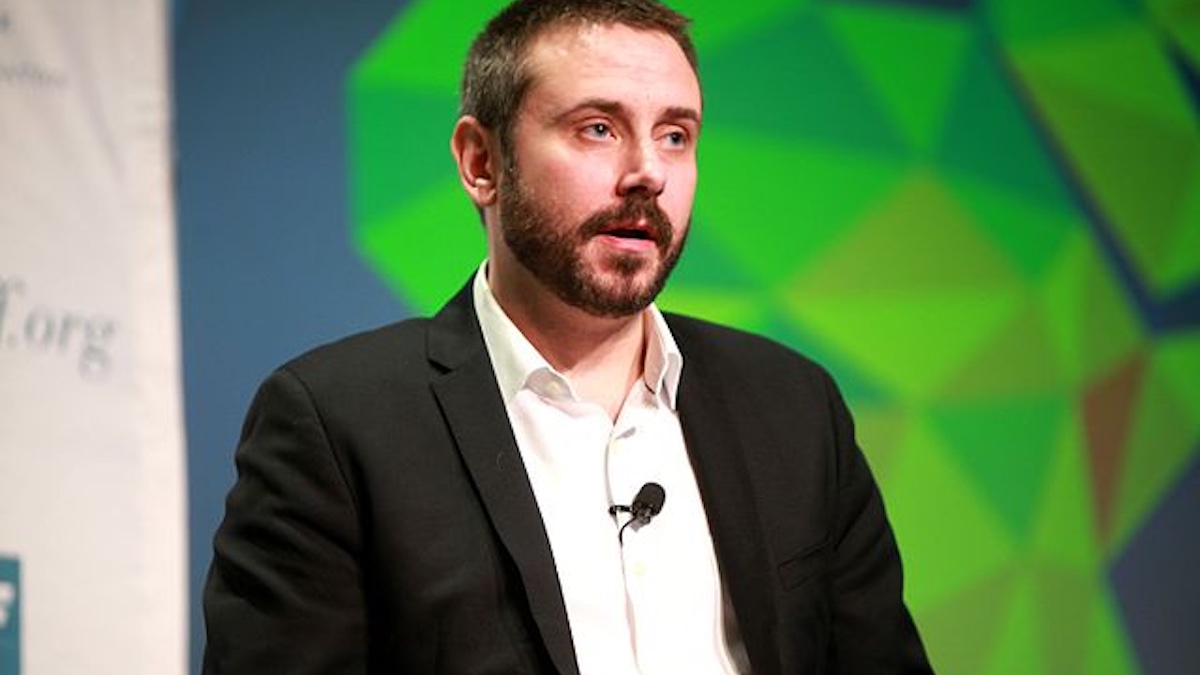As J.D. Vance takes center stage as Donald Trump’s running mate for the 2024 presidential election, the spotlight is firmly fixed on the senator from Ohio.
With his memoir Hillbilly Elegy catapulting him to fame, Vance’s personal story of overcoming poverty and adversity has become a focal point of public interest. However, some critics have raised questions about the extent to which his claims of growing up impoverished are accurate or exaggerated.
James David Vance was born on August 2, 1984, in Middletown, Ohio, to Donald Bowman and Bev Vance. In his memoir, Hillbilly Elegy, Vance describes his upbringing in a poor, working-class family in the Rust Belt of Ohio. He details the economic decline of Middletown, where jobs were scarce, and the once-thriving steel mills were shutting down.
His parents divorced when he was a toddler, and his father abandoned the family. Vance’s mother, Bev, struggled with drug addiction and instability throughout his childhood, leading to a series of father figures.
Vance was primarily raised by his grandparents, Jim and Bonnie Vance, whom he called “Mamaw” and “Papaw.” They provided him with a sense of stability and support, despite their own struggles with poverty and domestic violence. He recounts instances of domestic violence, including one incident when his grandmother poured gasoline on his grandfather and set him on fire.
The thing is, Hillbilly Elegy is a memoir, a genre that inherently includes personal perspective and subjective interpretation. Vance’s story is his own, and while it speaks to broader social issues, it does not and cannot encapsulate the entirety of experiences for all people in similar socioeconomic circumstances. Residents of Appalachia have responded to Vance’s book, with some agreeing with his perspective but many pushing back against what they see as an overly critical and incomplete representation of the region and its people.
That being said, despite the challenges, Vance was able to break the cycle of poverty. He graduated from high school and initially joined the Marine Corps, which he credits with teaching him discipline and giving him the stability he needed to pursue higher education. After his service, he attended Ohio State University and later Yale Law School, where he gained insights into a world far removed from his impoverished upbringing.
As Vance’s political profile continues to rise, it is likely that his personal narrative will face even more scrutiny, especially since his reputation has already taken a big hit. Vance’s ability to present a compelling vision for addressing the challenges faced by working-class communities will be a key test of his political future.











Published: Jul 20, 2024 03:16 pm